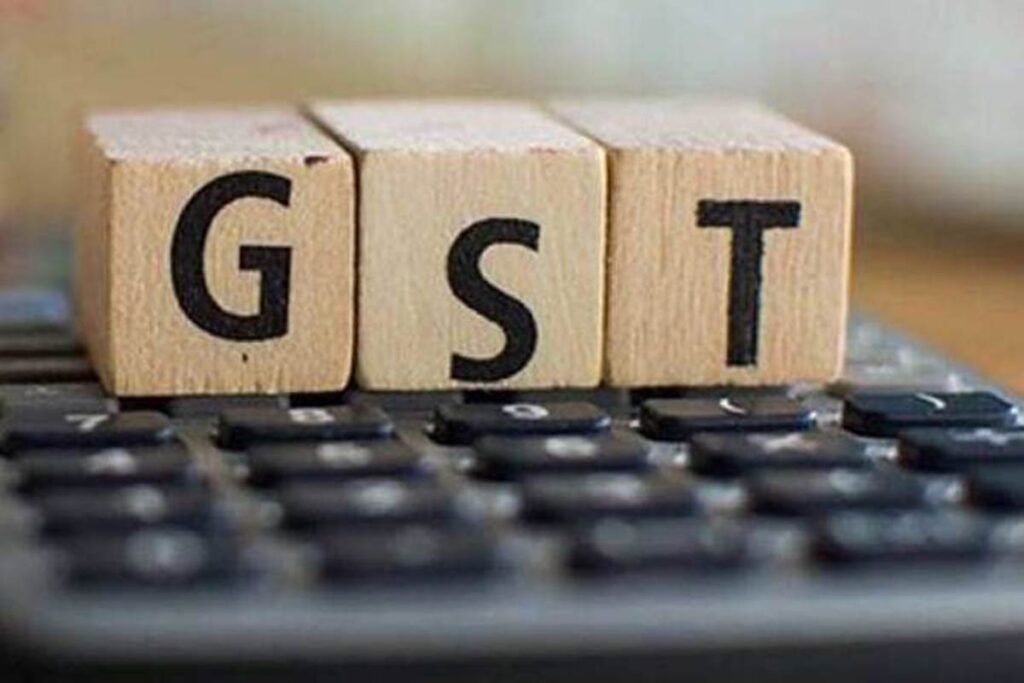Reduction of Government Litigation –fixing monetary limits for filing appeals or applications by the Department before GSTAT, High Courts and Supreme Court -reg.
Reference is invited to the National Litigation Policy which was conceived with the aim of optimizing the utilization of judicial resources and expediting the resolution of pending cases. It underscores the importance of prudent litigation practices by establishing thresholds for filing appeals in Revenue matters. Specifically, the Policy mandates that appeals should not be pursued when the amount involved is below a specified monetary limit set by Revenue authorities. Furthermore, it discourages filing appeals in cases where established precedents from Tribunals and High Courts have settled the matter and have not been contested in the Supreme Court.
1.1Section 120 of the Central Goods and Services Tax Act, 2017 (hereinafter referred as “the CGST Act”) provides for power to the the Central Board of Indirect Taxes & Customs (hereinafter referred to as “the Board”) for fixing the monetary limits for filing of appeal or application by the tax authorities as below:
“120. Appeal not to be filed in certain cases. —
(1) The Board may, on the recommendations of the Council, from time to time, issue orders or instructions or directions fixing such monetary limits, as it may deem fit, for the purposes of regulating the filing of appeal or application by the officer of the central tax under the provisions of this Chapter.
(2) Where, in pursuance of the orders or instructions or directions issued under sub-section (1), the officer of the central tax has not filed an appeal or application against any decision or order passed under the provisions of this Act, it shall not preclude such officer of the central tax from filing appeal or application in any other case involving the same or similar issues or questions of law.
(3) Notwithstanding the fact that no appeal or application has been filed by the officer of the central tax pursuant to the orders or instructions or directions issued under sub-section (1), no person, being a party in appeal or application shall contend that the officer of the central tax has acquiesced in the decision on the disputed issue by not filing an appeal or application.
(4) The Appellate Tribunal or court hearing such appeal or application shall have regard to the circumstances under which appeal or application was not filed by the officer of the central tax in pursuance of the orders or instructions or directions issued under sub-section (1).”
2. Accordingly, in exercise of the powers conferred by Section 120 of the CGST Act read with section 168 of the CGST Act, the Board, on the recommendations of the GST Council, fixes the following monetary limits below which appeal or application or Special Leave Petition, as the case may be, shall not be filed by the Central Tax officers before Goods and Service Tax Appellate Tribunal (GSTAT), High Court and Supreme Court under the provisions of CGST Act, subject to the exclusions mentioned in para 4 below:
| Appellate Forum | Monetary Limit (amount involved in Rs.) |
| GSTAT | 20,00,000/- |
| High Court | 1,00,00,000/- |
| Supreme Court | 2,00,00,000/- |
3.While determining whether a case falls within the above monetary limits or not, the following principles are to be considered:
i.Where the dispute pertains to demand of tax (with or without penalty and/or interest), the aggregate of the amount of tax in dispute (including CGST, SGST/UTGST, IGST and Compensation Cess) only shall be considered while applying the monetary limit for filing appeal.
ii.Where the dispute pertains to demand of interest only, the amount of interest shall be considered for applying the monetary limit for filing appeal.
iii.Where the dispute pertains to imposition of penalty only, the amount of penalty shall be considered for applying the monetary limit for filing appeal.
iv.Where the dispute pertains to imposition of late fee only, the amount of late fee shall be considered for applying the monetary limit for filing appeal.
v.Where the dispute pertains to demand of interest, penalty and/or late fee (without involving any disputed tax amount), the aggregate of amount of interest, penalty and late fee shall be considered for applying the monetary limit for filing appeal.
vi.Where the dispute pertains to erroneous refund, the amount of refund in dispute (including CGST, SGST/UTGST, IGST and Compensation Cess) shall be considered for deciding whether appeal needs to be filed or not.
vii.Monetary limit shall be applied on the disputed amount of tax/interest/penalty/late fee, as the case may be, in respect of which appeal or application is contemplated to be filed in a case.
viii.In a composite order which disposes more than one appeal/demand notice, the monetary limits shall be applicable on the total amount of tax/interest/penalty/late fee, as the case may be, and not on the amount involved in individual appeal or demand notice.
4. EXCLUSIONS
Monetary limits specified above for filing appeal or application by the department before GSTAT or High Court and for filing Special Leave Petition or appeal before the Supreme Court shall be applicable in all cases, except in the following circumstances where the decision to file an appeal shall be taken on merits irrespective of the said monetary limits:
i.Where any provision of the CGST Act or SGST/UTGST Act or IGST Act or GST (Compensation to States) Act has been held to be ultra viresto the Constitution of India;or
ii.Where any Rules or regulations made under CGST Act or SGST/UTGST Act or IGST Act or GST (Compensation to States) Act have been held to be ultra vires the parent Act; or
iii.Where any order, notification, instruction,or circular issued by the Government or the Board has been held to be ultra viresof the CGST Act orSGST/UTGST Act orIGST Act or GST (Compensation to States) Actor the Rules made thereunder;or
iv.Where the matter is related to –
a.Valuation of goods or services; or
b.Classification of goods or services; or
c.Refunds; or
d.Place of Supply; or
e.Any other issue,
which is recurring in nature and/or involves interpretation of the provisions of the Act /the Rules/ notification/circular/order/instruction etc;or
v.Where strictures/adverse comments have been passed and/or cost has been imposed against the Government/Department or their officers; or
vi.Any other case or class of cases, where in the opinion of the Board, it is necessary to contest in the interest of justice or revenue.
5.It is pertinent to mention that an appeal should not be filed merely because the disputed tax amount involved in a case exceeds the monetary limits fixed above. Filing of appeal in such cases is to be decided on merits of the case. The officers concerned shall keep in mind the overall objective of reducing unnecessary litigation and providing certainty to taxpayers on their tax assessment while taking a decision regarding filing an appeal.
6.Attention is drawn to sub-sections (2), (3) & (4) of section 120 of the CGST Act, which provide that in cases where it is decided not to file appeal in pursuance of these instructions, such cases shall not have any precedent value. In such cases, the Reviewing Authorities shall specifically record that “even though the decision is not acceptable, appeal is not being filed as the amount involved is less than the monetary limit fixed by the Board.”
6.1Non-filing of appeal based on the above monetary limits, shall not preclude the tax officer from filing appeal or application in any other case involving the same or similar issues in which the tax in dispute exceeds the monetary limit or case involving the questions of law.
6.2Further, it is re-iterated that in such cases where appeal is not filed solely on the basis of the above monetary limits, there will be no presumption that the Department has acquiesced in the decision on the disputed issues in the case of same taxpayers or in case of any other taxpayers. Accordingly, in case any prior order is being cited or relied upon by the taxpayer, claiming that the same has been accepted by the Department, it must be checked as to whether such order was accepted only on account of the monetary limit before following them in the name of judicial discipline.
6.3Also, in respect of such cases where no appeal is filed based on the monetary limit, the Departmental representatives/counsels must make every effort to bring to the notice of the GSTAT or the Court, as the case may be, that the appeal in such cases was not filed only for the reason of the amount of the tax in dispute being less than the specified monetary limit and, therefore, no inference shall be drawn that the decisions rendered therein were acceptable to the Department. Accordingly, they should draw the attention of the GSTAT or the Court towards the provisions of sub-section (4) of section 120 of the CGST Act, 2017 as reproduced in para 1.1 above.
7.The above may be brought to the notice of all concerned.
Go To CBIC
Also Check: Penalty for failure to register certain machines under section 122A.

